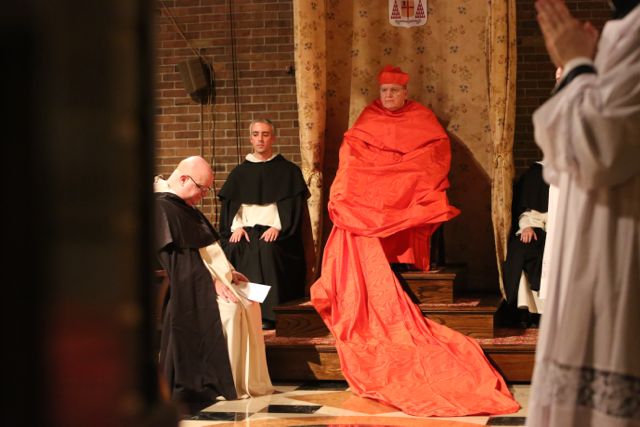Some Thoughts as We Head Into the Summer (and Fall) of Love
Now that we've gotten this climate change thing sorted out , it's time for all of us to refocus our attention back to where it belongs--sex! Yes my friends, this summer, and into the fall, are going to bring us a number of events that are going to place the attention of many on who is doing what to whom and under what circumstances. The first domino fell on Friday, in the form of the Supreme Court ruling on the gay marriage cases. But it's not over yet, not by a long shot. Observe: Last week, we got the prepatory document for Synod on the Family Part II, Electric Boogaloo . [Ed. Note: Official English translation here ]. If you have been following this story, you will not be surprised to hear that it is a mixed bag! For example, it calls out "a certain vision of feminism that considers maternity a pretext for the utilization of women and an obstacle to their full realization." (Boo!). But then it follows up with praise for "[a] style of communica
